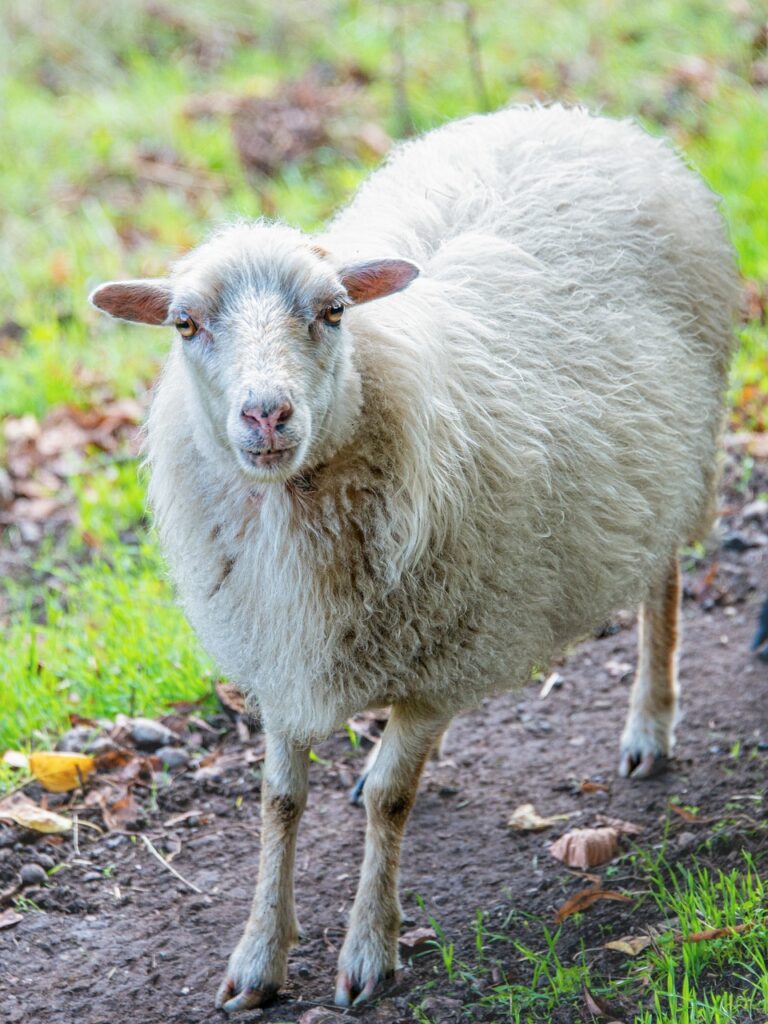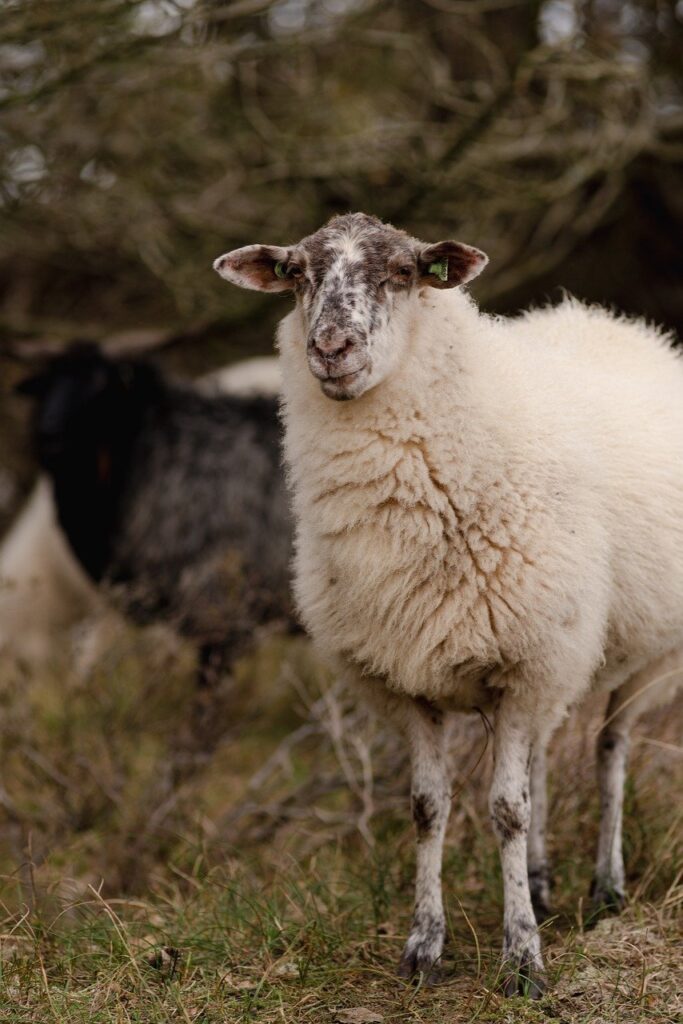Composting is a time-honored method of recycling organic waste into nutrient-rich soil amendments, and sheep manure is a valuable resource for gardeners seeking to enhance soil fertility naturally. In this comprehensive guide, we will delve into the process of composting sheep manure, highlighting its benefits, and offering practical tips to ensure successful composting.
Why Compost Sheep Manure?
Sheep manure is prized among gardeners for its high nutrient content, including nitrogen, phosphorus, potassium, and trace minerals essential for plant growth. When composted properly, sheep manure releases these nutrients gradually, improving soil structure, enhancing water retention, and promoting healthy microbial activity in the soil.

Steps to Composting Sheep Manure
1. Collection and Preparation
Begin by collecting fresh sheep manure from a reliable source, ideally one that raises sheep naturally or organically. Avoid manure that may contain antibiotics or other chemicals harmful to plants. Mix the manure with carbon-rich materials such as straw, dried leaves, or wood shavings to balance the nitrogen-rich manure and improve aeration.
2. Building the Compost Pile
Create a compost pile or bin large enough to accommodate the volume of manure and other organic materials. Layer the sheep manure with carbon materials in a 2:1 ratio (two parts manure to one part carbon) to achieve the ideal balance for decomposition. Ensure each layer is moist but not overly wet, as excessive moisture can lead to anaerobic conditions and unpleasant odors.
3. Turning and Aerating
Regularly turn the compost pile using a pitchfork or shovel to aerate the materials and facilitate decomposition. This process introduces oxygen, which is vital for the activity of beneficial microorganisms that break down organic matter into nutrient-rich compost. Aim to turn the pile every 1-2 weeks to maintain optimal conditions.
4. Monitoring Temperature and Moisture
Monitor the temperature of the compost pile using a compost thermometer. Ideal composting temperatures range between 120°F to 160°F (49°C to 71°C), indicating active decomposition. Adjust the pile’s moisture content as needed by adding water or dry materials to maintain a damp, but not soggy, consistency.
5. Maturation and Curing
Allow the compost pile to mature for 4-6 months, or until the materials have decomposed into a dark, crumbly texture with an earthy aroma. During this curing phase, the compost undergoes further breakdown, stabilizing nutrient availability and reducing the risk of pathogens. Test the maturity of the compost by its appearance and smell before using it in the garden.

Benefits of Using Sheep Manure Compost
1. Nutrient-Rich Soil Amendment
Sheep manure compost enriches garden soil with essential nutrients, including nitrogen, phosphorus, and potassium, vital for robust plant growth and productivity.
2. Improved Soil Structure
The organic matter in sheep manure compost improves soil structure, enhancing drainage in clay soils and increasing water retention in sandy soils, creating a balanced environment for plant roots.
3. Enhanced Microbial Activity
Composted sheep manure fosters beneficial microbial activity in the soil, supporting nutrient cycling and promoting a healthy ecosystem underground.
4. Environmentally Friendly
Composting sheep manure reduces waste and minimizes environmental impact by recycling organic materials into valuable soil amendments, contributing to sustainable gardening practices.

Tips for Successful Sheep Manure Composting
- Use Mature Manure: Allow fresh sheep manure to age for several months before composting to reduce nitrogen levels and minimize the risk of burning plants.
- Avoid Overuse: Apply composted sheep manure sparingly to avoid nutrient imbalances or excessive salinity in the soil.
- Incorporate with Other Amendments: Combine sheep manure compost with other organic amendments like composted leaves or aged wood chips for a well-rounded soil blend.
Conclusion
Composting sheep manure is a rewarding endeavor for gardeners seeking to improve soil fertility naturally and sustainably. By following these steps and incorporating composted sheep manure into your garden soil, you can cultivate healthier plants, increase yields, and contribute to the overall health of your garden ecosystem. Embrace the benefits of sheep manure composting and watch your garden thrive with nutrient-rich soil and vibrant plant growth.